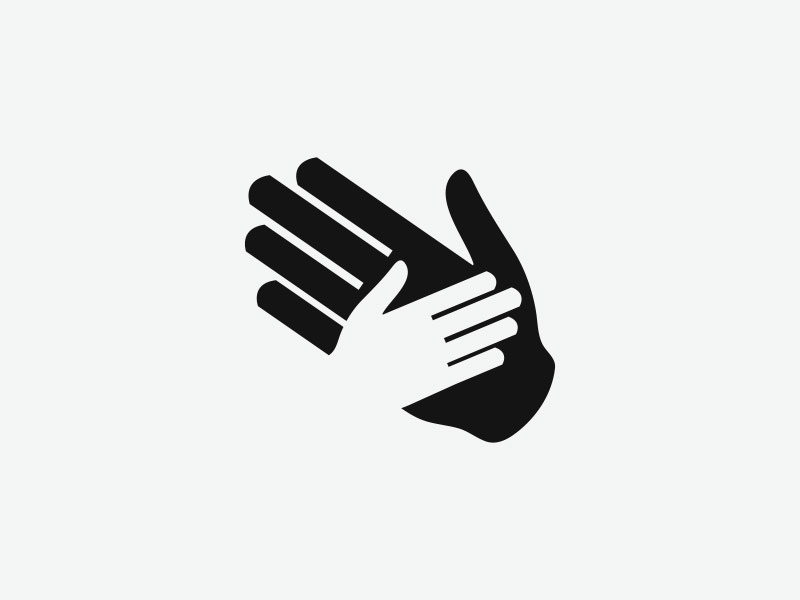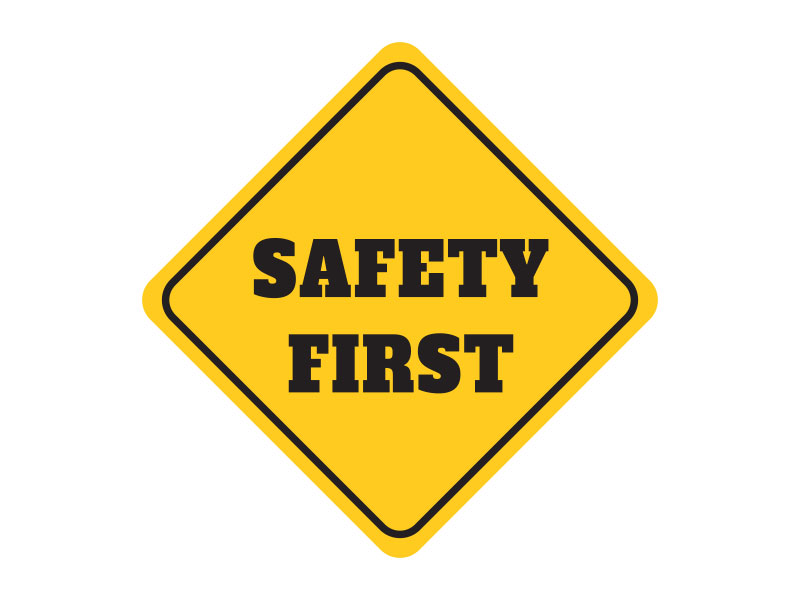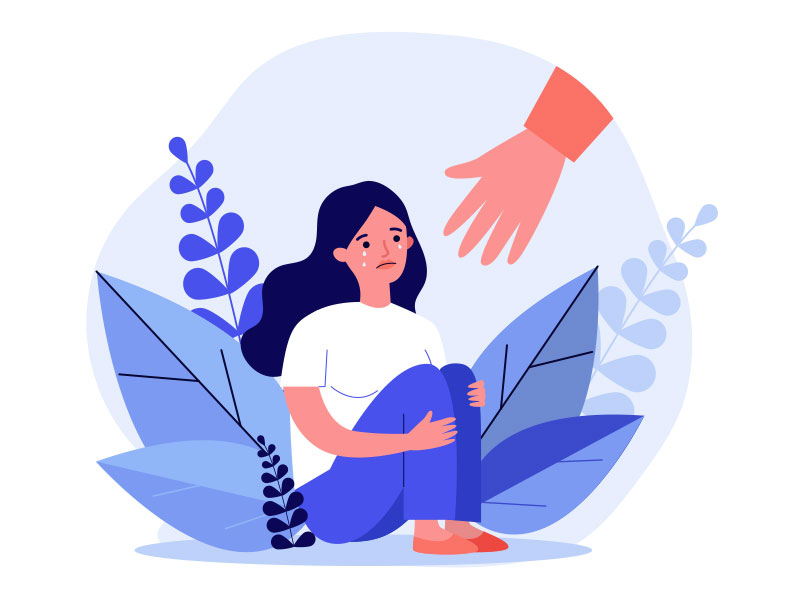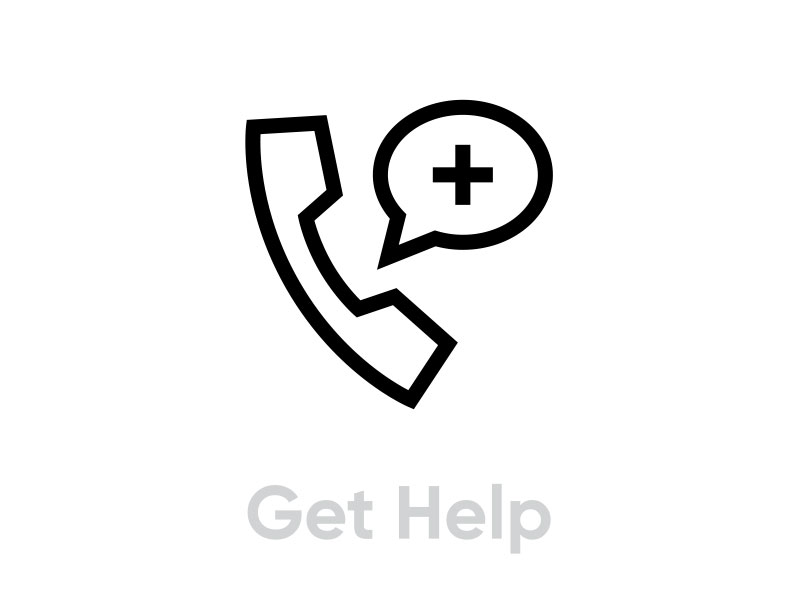Helping Others
Ways you can help others.


How to stay safe while intervening?
- You should always consider your personal safety. Should you intervene directly or indirectly?
- Are you able to enlist the help of others e.g. other observers or proper authorities?
- Intervene early, before the situation escalates
- Remain calm throughout. Focus on gathering information and being supportive of the victim

Signs Someone Might Need Help
- Severe mood swings
- Changes in appetite or weight
- Loss of interest in favourite activities
- Procrastinating more than usual
- Self-harm
- Socially withdrawn
- Excessive worrying or anxiety
- Substance use
- Poorer than usual hygiene
- Risky sexual/ promiscuous behaviour
- Physical symptoms without illness
- Missing classes
- Thoughts of death or suicide
- Inability to cope with everyday life

What to do if you suspect someone needs help or has suicidal thoughts?
If someone shares that they are experiencing difficult thoughts and feelings, you should:
- Stay calm
- Be non-judgmental
- Listen to understand
- Be patient
- Express concern
- Encourage them to seek professional help or talk to someone they trust (Counsellors/SMU Peer Helpers/Family/Friends/Health Professionals where applicable)
- Offer to accompany them to make an appointment if necessary
- Support and check-in with them regularly
If you suspect your friend is suicidal and may be in immediate danger, you should:
- Stay with them and do not leave them alone
- Empathize and avoid rationalizing the situation
- Consult a trusted adult or professional – do not attempt to manage it alone
- Call campus security at 6828 0343, or the police at 999 for assistance if necessary

Jump to section: